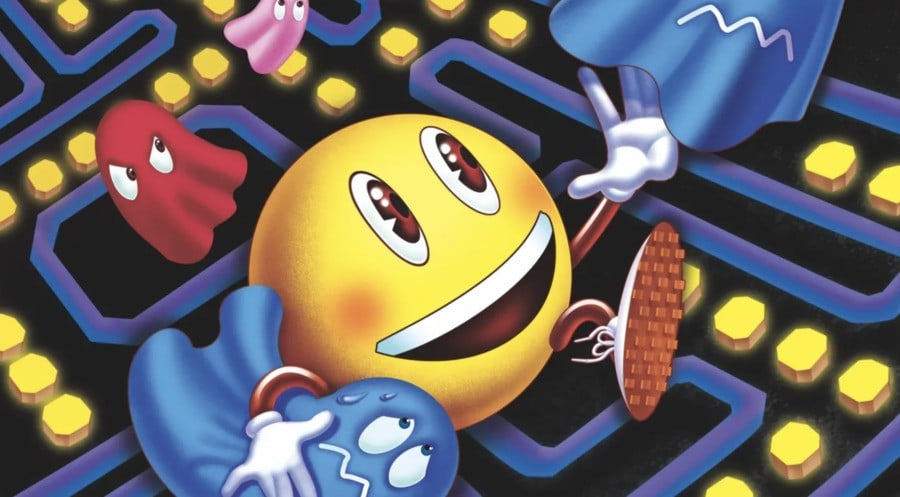
I'm tired of hearing about AI. You're tired of hearing about AI. However, no matter how much we get bored of it, just spare a thought for those impacted by the game industry's current fixation with the tech – a fixation that is costing people their livelihoods all in the name of delivering maximum return for shareholders.
Amid this turmoil, you'd assume it would take a special kind of idoicy to align AI-driven layoffs with the basic behavioral instructions programmed into one of gaming's most famous arcade titles, but here we are.
In a recent (and paywalled) article, The New York Times insists that we should all have seen the game industry's inevitable embrace of Generative AI coming a mile off, because video games were one of the first forms of entertainment to use Artificial Intelligence.
We can see where the author got a bit confused here. I mean, both AI and Gen AI have the latters 'A' and 'I', in them, right? However, as many of the replies to the post below attest, making that comparison shows a fundamental misunderstanding of what's happening here.
As superbly summarised by BlueSky user @ttsci:
"AI in the context of video game enemies is a term used to describe their programmed behaviors, for example how the ghosts in PacMan have different patterns they use to chase down the player. Modern games have more advanced "AI" in that enemies can do much more complicated things now, but it's entirely unrelated to ChatGPT-style LLM "generative AI". The author of the article is mixing the two up, which indicates that they likely aren't very well informed on the subject. There's a ton of work by real human programmers that goes into developing these behavioral systems to make enemies seem lifelike to players, but writing that code has nothing to do with LLM "gen AI" that is basically glorified auto complete."
Microsoft recently laid off 9,000 employees while investing heavily in AI technologies, while mobile game studio King has replaced 200 employees with AI tools they helped to build.
Publisher EA has also bet the farm on AI, despite there being ongoing legal challenges to the technology's use of copyrighted materials as training data.
